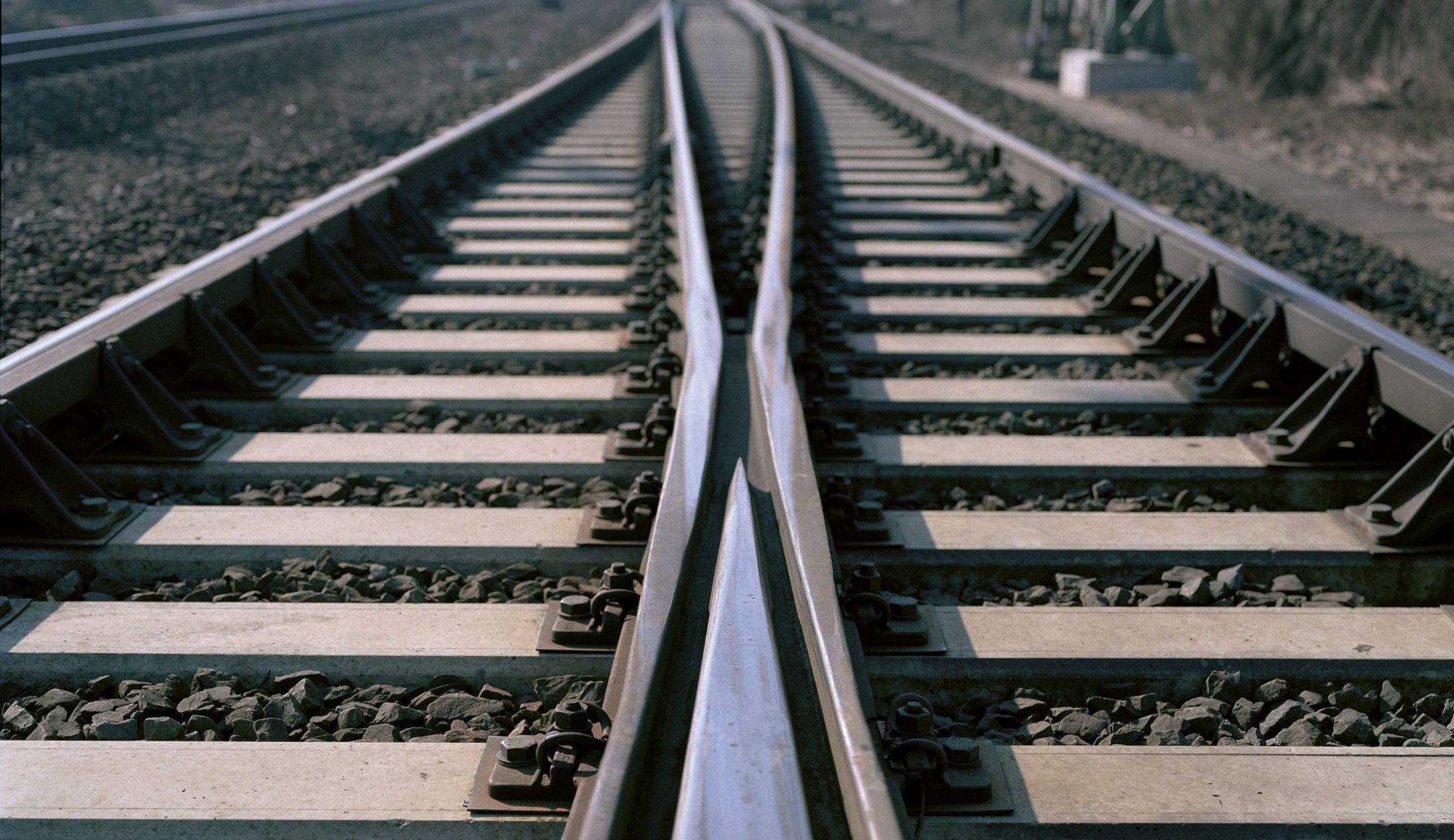
Published
- Sustainability
- Trends
Railway to the future
Electric transport is about much more than cars and buses. Here’s how global rail giants transform railroading into a high-tech mode of transport – and a Swedish export success – capable of replacing fossil-fuelled airplanes and vehicles.
For a 19th-century innovation, rail transport has proven remarkably resilient and is today lauded as a key solution to the electric mobility required by the energy transition. Today, three quarters of all passenger rail transport activity in the world takes place on electric trains, which is an increase from 60 percent in 2000 and the rail sector is the only mode of transport that is widely electrified today.
The reason behind its lasting success is easy: Rail is among the most energy efficient modes of transport for freight and passengers. While the rail sector carries 8 percent of the world’s passengers and 7 percent of global freight transport, it represents only 2 percent of total transport energy demand.
Maria Signal Martebo, Managing Director of Alstom in Sweden, explains the perennial appeal of railways. “Steel on steel is the most energy efficient and safest mode of transport there is.”
No wonder then, that new railways are being built and existing ones upgraded, throughout the world. Sweden has grown to become a technology hub for infrastructure and digital technology that promise to make railway transport safer and more efficient than ever before.
Global infrastructure giants like Alstom and Vossloh have located research and production facilities in Sweden, contributing their knowhow and products in EKN-backed railway projects in Turkey, Ghana and Tanzania, to name a few recent examples.
“At the forefront”
Vossloh develops the switches that are crucial to high-speed trains and efficient logistics. Bertrand Gryspeert, CEO of Vossloh Switch Systems, explains why Sweden has become a hub for railway knowhow. “Sweden has been at the forefront when it comes to restructuring and transforming the state railways into efficient business-oriented units, designed to meet the competition from other means of transport. This has fostered a number of technically advanced and market-oriented Swedish suppliers of products and services.”
He also points to a successful cooperation between suppliers, operators, academia and government agencies. “Sweden enjoys a prominent position in the global railway race.” Of Vossloh’s 1 billion SEK turnover in Sweden, around half is exported. And switching equipment is definitely an area where today’s technology is radically different from the 1880s, when Vossloh (named after a Prussian blacksmith) was founded in Germany to manufacture nuts and bolts. “Today, data is the key,” says Gryspeert.
A marvel of engineering, railroad switches are essential components in railway systems by enabling the flexible routing of trains across complex track networks. The ability to smoothly divert a fast-moving train from one track to another is really what makes railroading possible. And high-speed trains are necessary for the railway to compete with shorter-distance flying.
Participating in EKN-backed export deals has offered Vossloh an opportunity – as well as a reason – to grow its facilities in Sweden and open a competence centre and a training college for future railway professionals. Gryspeert points to the massive need for new investments in railway infrastructure required to serve urban and rural dwellers in rapidly growing populations and offer an alternative to flying. “High-speed trains require new and larger switches. With the help of EKN and Team Sweden, we have become part of a complete and competitive railway export offering within a robust production ecosystem that can supply domestically as well as internationally.”
At the turn of the year 2025–2026, Vossloh plans to open a state-of-the-art factory for prefabricated switches in Hallsberg, Sweden. “Together with our ambition to start a local training college, we are witnessing the emergence of a new railway ecosystem in Sweden,” says Gryspeert.
“So much talk about electric mobility”
French-based Alstom is another key player in the Swedish railway ecosystem. The company took over Bombardier’s operations a few years ago and formed a technology hub in Sweden for developing signalling equipment, propulsion and controls for the global market. The Swedish operation traces its roots to mobile telecom giant Ericsson and electric train maker Asea (the A in today’s ABB).
With strong synergies to the traction system Alstom’s new Component Development Site for brakes in Västerås transforms movement into energy and allows safe operation of the trains in a very efficient way.
In November 2023, Alstom inaugurated a new mobility test and technology centre in Västerås, the cradle of electrification industry in Sweden. The establishment of the center was a strategic decision, to strengthen their innovation capabilities in Sweden, rooted in the country's robust history of innovation and its progressive approach to sustainable development. Sweden's commitment to green technology, combined with its heritage of engineering excellence, creates an ideal environment for Alstom to advance sustainable mobility.
Maria Signal Martebo at Alstom envisions a bright future. “There's so much talk about electric mobility today but trains have offered that for more than a century. Rail investments are increasing worldwide, particularly in urban settings, where population growth necessitates improved public transport.”
Modern high-speed railways rely on advanced signalling systems to ensure a smooth and efficient flow of passengers and cargo. Alstom has established research centres and innovation hubs, and cooperates with EKN on export to, above all, low-and-middle-income countries. “The collaboration matters a lot to us by strengthening our position as exporter. We have a strong focus on ethics and compliance related to project financing, to secure sustainable business practices.
AI-enhanced wildlife deterrence
In order to take signalling and safety to the next level with the help of digital technology, Alstom cooperates with local tech firms. Martebo offers an example: “We are working with a startup that is developing AI-enhanced imaging analytics to detect wildlife and prevent them from venturing onto railway tracks with the help of beacons that emit a deterring noise.”
At the technology centre of Vossloh, a predictive maintenance project is underway in which 1,000 of the most critical rail switches in Sweden are fitted with sensors for emitting data that help predict malfunction before it even occurs.
These are just a few examples of how digital technology is able to transform a 19th-century innovation into a preferred mode of transport set to last way into the 21st century – and a resounding export success for Sweden. Whether steam or electricity – it’s full steam ahead.

EKN for buyers in Swedish export transactions
Buy from Sweden and benefit from attractive financing.
EKN for buyers in Swedish export transactions
EKN's guarantees
Our guarantees offer numerous benefits, covering companies against non-payment risks and banks against operational and investment risks. Which guarantee suits you?
EKN's guarantees